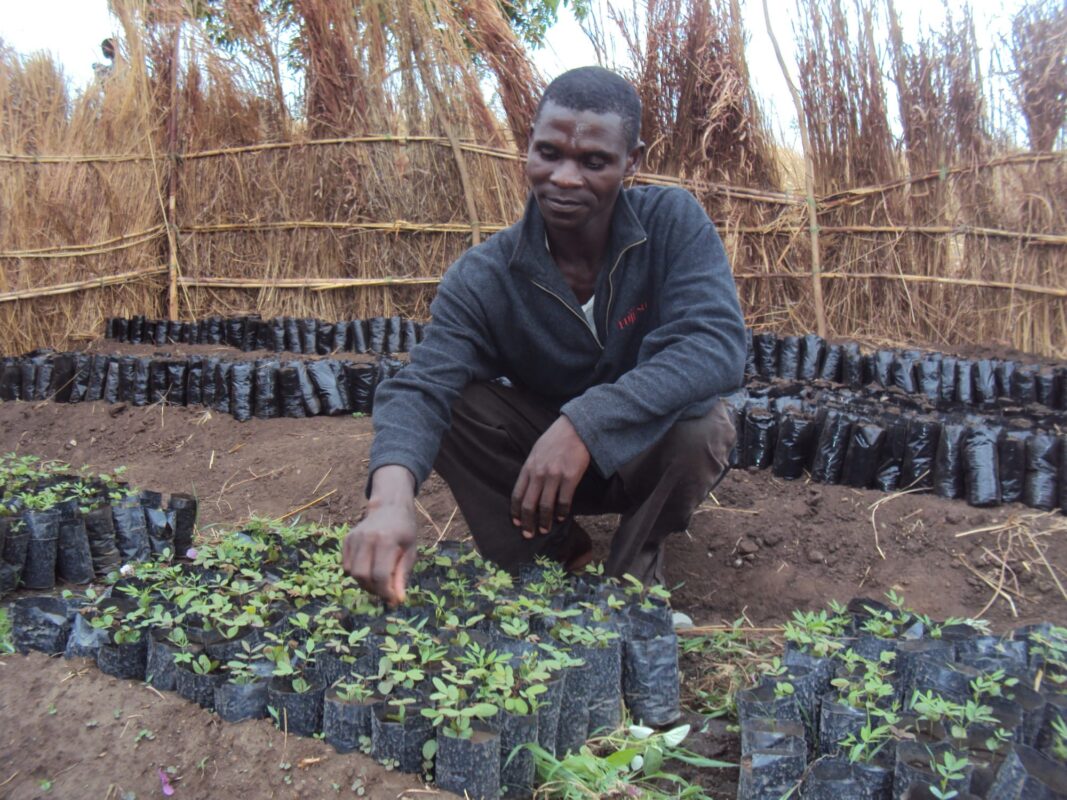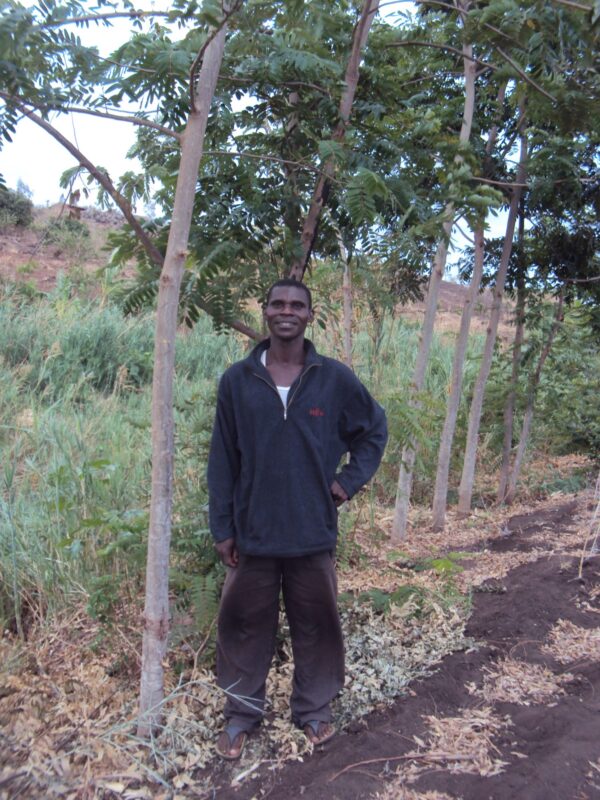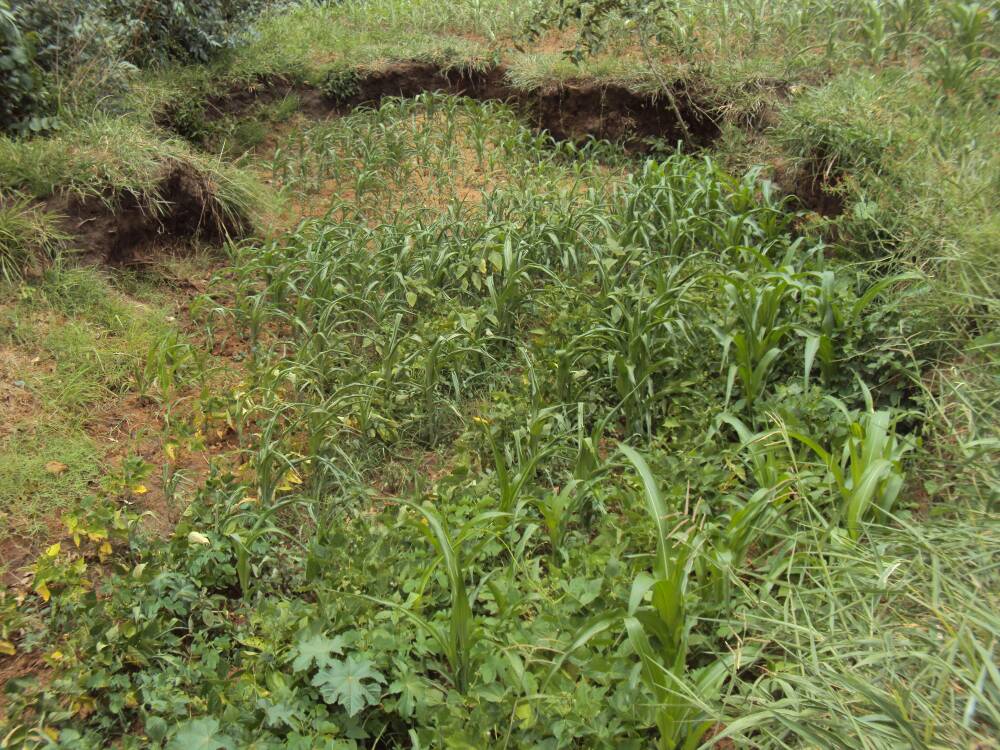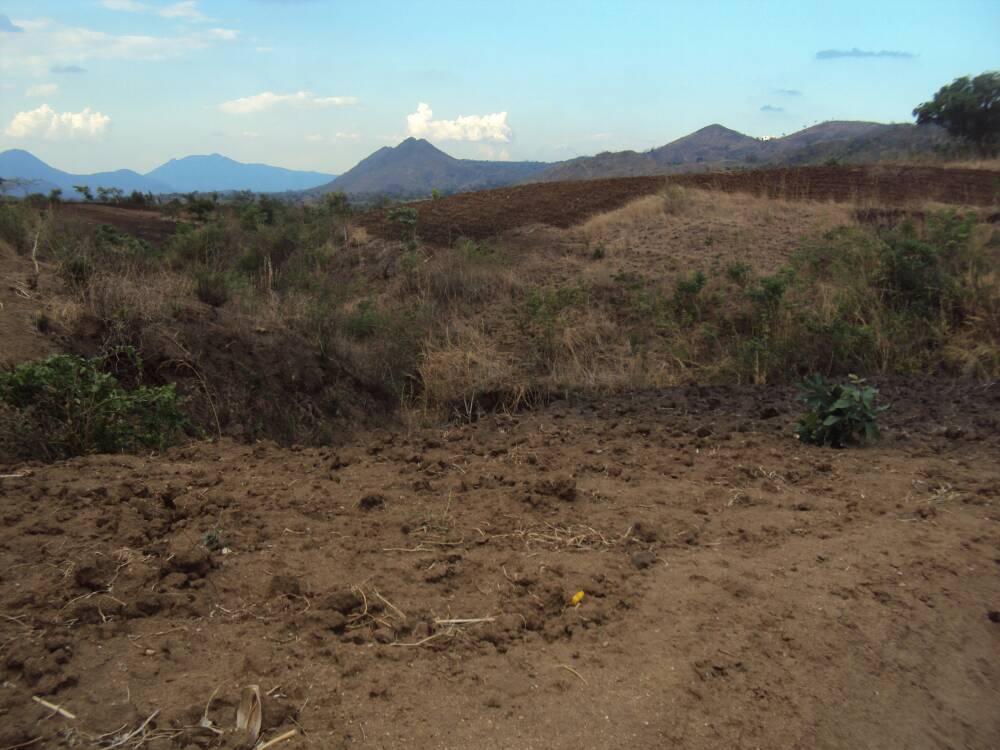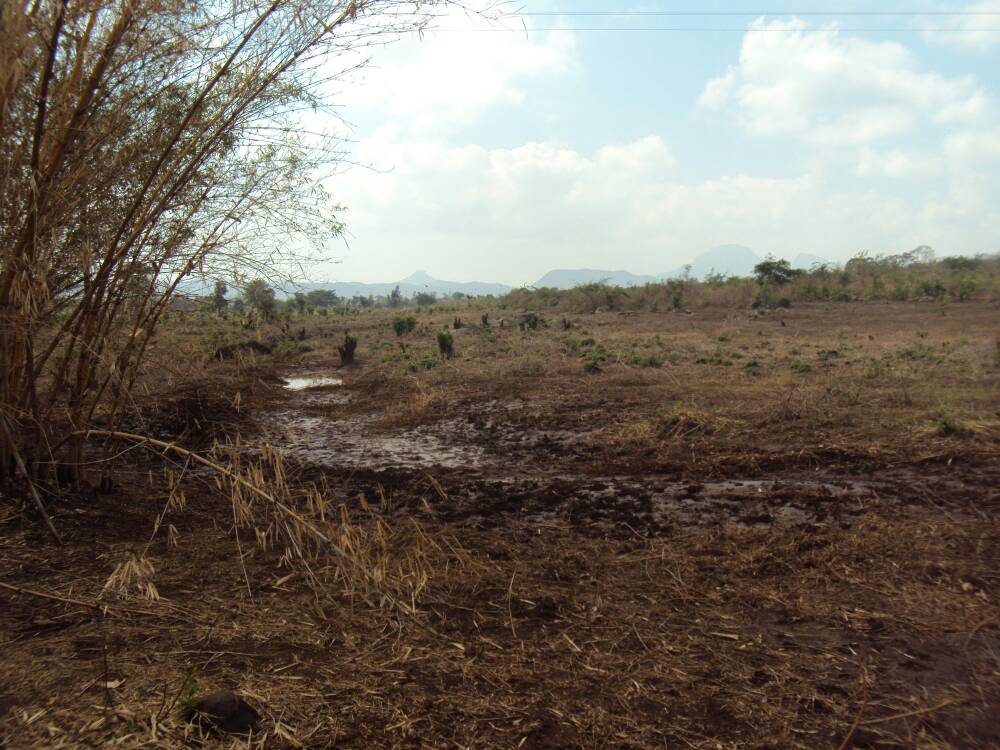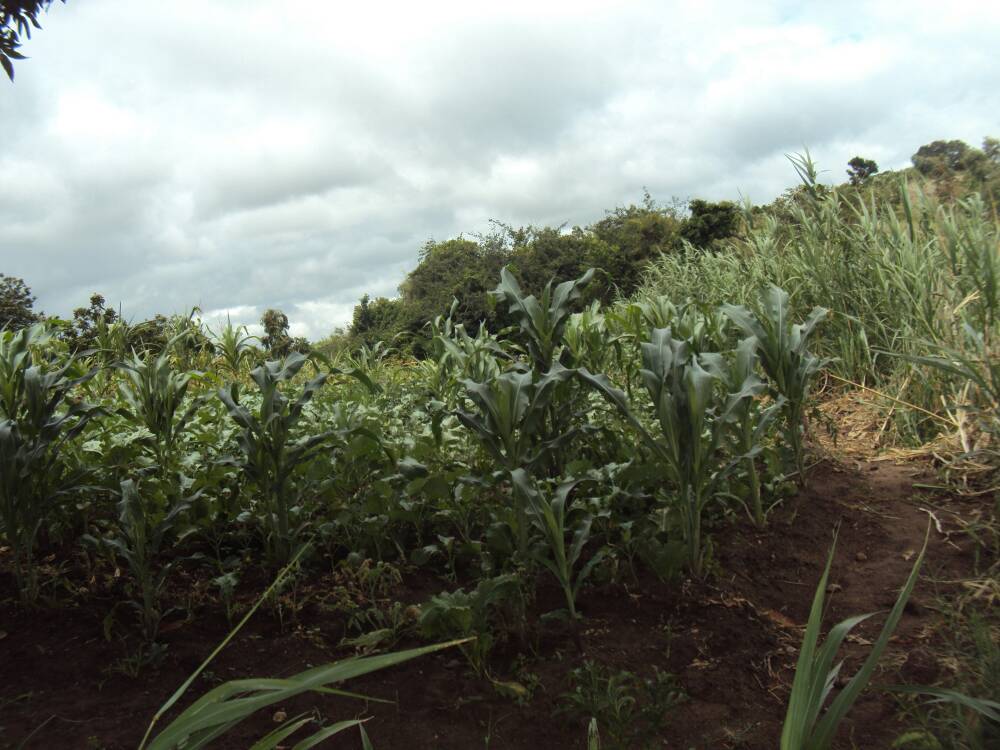Did you read Part 1? Otherwise get the entire story now
While some effort is being done to re-forest river banks of major rivers that are tributaries for the all-important Shire river, nothing is being done to restore the vegetative cover along the small rivers and streams that are in turn source of water for the major rivers. Whereas stakeholders are investing resources in trying to restore the depleted forest cover along major rivers, restoring the vegetative cover along hills and streams is being left in the hands of willing small-scale farmers like Amin Saidi, who unfortunately are limited by various factors.
“In absence of coordinated efforts by all stakeholders, there are very few people who, on their own, are trying to replenish the depleted forest cover, and I am one of these people,” Saidi says.
Saidi explains that he has a tree nursery where he has a variety of both indigenous and exotic tree seedlings, which he is planting along the rivers and streams in his village. He says that he also gives out tree seedlings to fellow farmers at a small fee so that they are able to plant in their areas along the river banks and hills.
“I have my own tree nursery where I have I have a variety of tree seedlings like Miombo (Brachystegia boehmii), M’bawa (Khaya Nyasica), Mtangatanga wa Mmadzi (Albizia lebbeck) and Yellow Acacia (Arzelia Quanzesis), which i am planting along the streams in my cultivation area, while at the same time also offering it to other interested farmers,” says the young farmer who plans to have his own woodlot in the bare hills nearby.
Saidi hopes authorities will do more to assist local farmers with expertise and materials in order for them to fight negative effects of climate change in line with sustainable development goal number 15, which calls for signatory countries to protect, restore, and promote sustainable use of terrestrial ecosystems, sustainably manage forests, combat desertification, and halt and reverse land degradation and therefore stopping biodiversity.
Meanwhile, Amin Saidi is preparing his field for irrigation farming in two months time, since rain-fed farming has not gone well due to most parts of Malawi experiencing a prolonged dry spell, which has resulted in crops failing.

